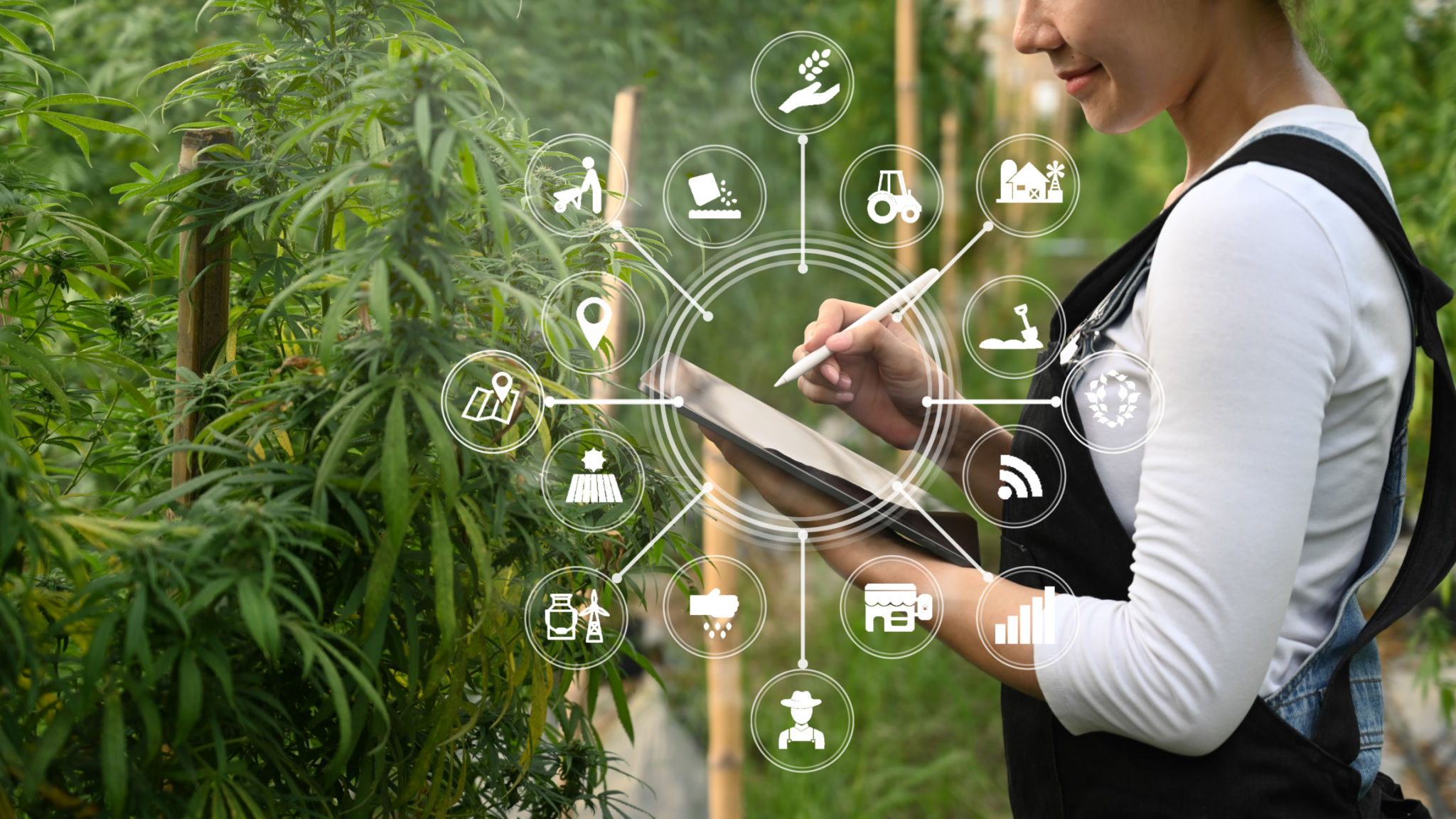Pioneering Plant-Based Solutions to Reduce Industrial Plastics
Embracing Change in Agriculture
People are becoming more aware of the environmental impact of industrial plastics. This awareness drives a shift towards more sustainable practices. At Horticultural Analytics Global (HORT-AG), we focus on plant-based innovations to address this challenge.
Our team combines expertise in data analytics with eco-friendly methods. We aim to reduce reliance on traditional plastics. This approach not only benefits the environment but also supports sustainable agriculture.

Understanding Plant-Based Solutions
Plant-based solutions involve using materials derived from plants. These materials can replace conventional plastics. They are biodegradable and have a smaller carbon footprint.
Our experts work on developing these solutions. They explore various plant sources and test their effectiveness. By doing so, we create alternatives that are both practical and sustainable.
Steps Towards Implementation
Implementing plant-based solutions requires careful planning. Here are some steps we take to ensure success:
- Research and Development: We conduct thorough research to identify suitable plant materials.
- Testing and Evaluation: Our team tests these materials for durability and performance.
- Collaboration: We work with partners to bring these solutions to market.

Benefits of Plant-Based Solutions
Using plant-based materials offers several advantages. First, they are renewable resources. This means they can be replenished, unlike fossil fuels used in traditional plastics.
Second, plant-based materials break down naturally. This reduces waste and pollution. Lastly, they support local agriculture by creating demand for plant crops.
Challenges and Opportunities
While promising, plant-based solutions face challenges. These include production costs and scalability. However, ongoing research and innovation offer hope.
We see opportunities in improving processes and expanding applications. By addressing these challenges, we can make plant-based solutions more accessible.

The Future of Sustainable Practices
The future of sustainable agriculture looks bright. As more people adopt eco-friendly practices, the demand for plant-based solutions will grow.
At HORT-AG, we are committed to leading this change. Our efforts are focused on creating a healthier planet for future generations.
By embracing plant-based innovations, we can reduce the environmental impact of industrial plastics. Together, we can pave the way for a more sustainable future.